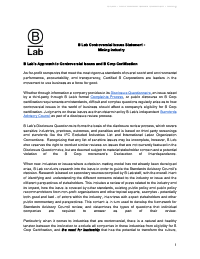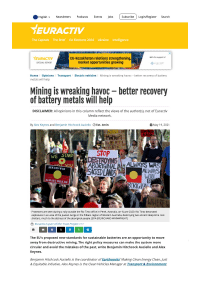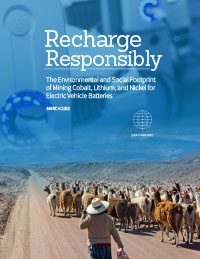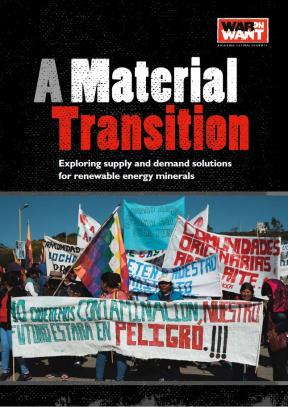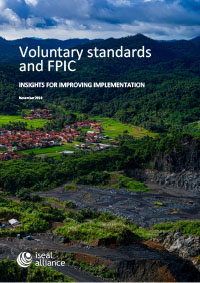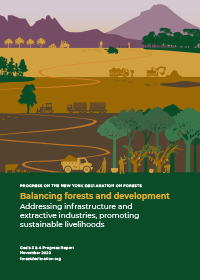Denis Hayes
the coordinator of the original Earth Day, a former director of what became the National Renewable Energy Laboratory, and the founder of Earth Day Network penned an opinion piece for the Seattle Times on the risks of expanding the Copper Mountain Mine tailings dam in British Columbia without an environmental assessment.
In the piece, Denis Hayes relayed, “To be clear, I am not opposed to mining, and I am not opposed to the Copper Mountain Mine. Humankind desperately needs a green-energy revolution, and copper will be indispensable. Leading brands that purchase mined materials, including Microsoft, BMW and Ford Motor Company, know this and are committing to using the rigorous environmental standard hosted by the Initiative for Responsible Mining Assurance. B.C. needs to catch up to such voluntary measures by adopting and enforcing protective regulations for Washington watersheds and communities downstream.”




